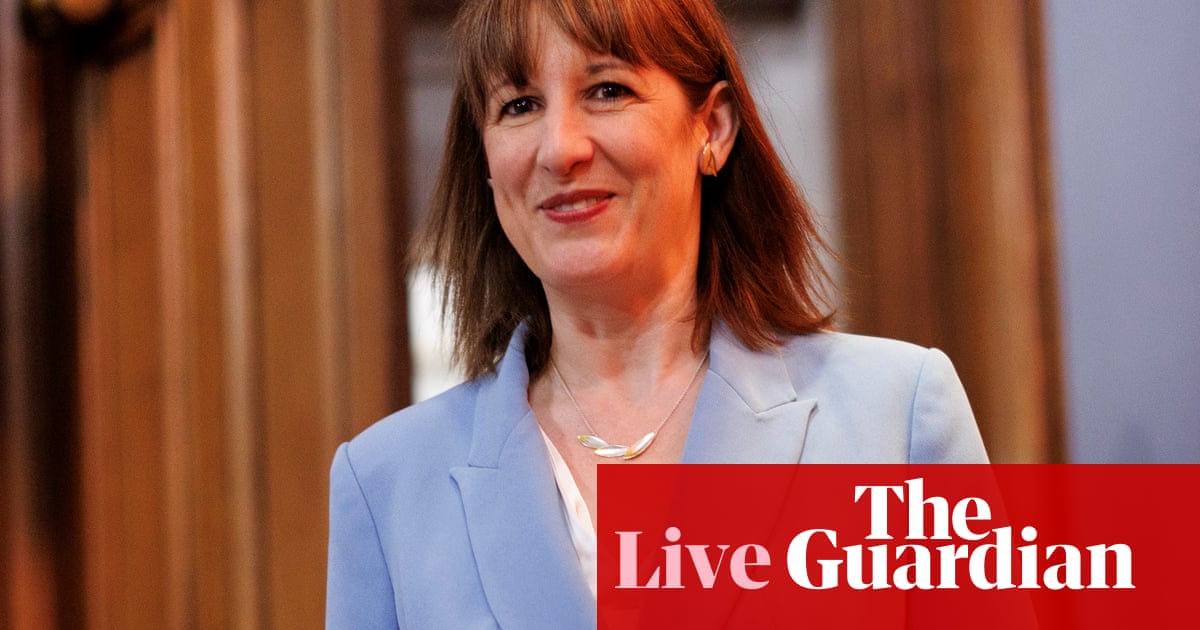A French court has ordered electoral officials to restore a British woman’s pre-Brexit right to vote in European elections, triggering calls for a renewed push for a bilateral treaty on electoral enfranchisement in each other’s countries.
Alice Bouilliez, a former British civil servant who has lived in France for 38 years, said she was “extremely surprised” but delighted that the court in Auch in south-west France had ordered that the authorities put her name back on the electoral register for the EU elections.
“I am extremely happy about the result. When I went to get the ruling from the court I was extremely surprised because I was expecting a knock on the knuckles,” she said.
The French court only ruled on her right to vote in European elections. Bouilliez first mounted legal action against the disenfranchisement in 2020 with a case going all the way to the European court of justice, which ruled against her in 2022.
The court followed the advice of the advocate general, Anthony Collins, who said the EU treaty had made “nationality of a member state” an “essential condition of a person to be able to acquire and retain the status of citizens of the union and to benefit fully from the rights attaching to that status”.
Julien Fouchet, a French lawyer representing Bouilliez, said the court did not determine conclusively what happened to those acquired rights British citizens such as Bouilliez had received when she became a permanent resident of France under the free movement rules that were available to Britons before Brexit.
The ruling by the Auch tribunal judiciary could be used to restore rights across France for British citizens living in the country before Brexit who did not opt to apply for French citizenship and wanted to win back their right to vote, he said.
“The court ruled that Alice had not committed any crime and that to lose her voting rights was a fundamental and disproportionate infringement of her voting rights,” he said. “The right to vote is a common good, it is more than just a right.”
Though married to a French citizen, Bouilliez never sought citizenship, partly as she made an oath to the British crown when she worked for the Foreign Office.
Before Brexit, British citizens living in France had the right to vote in municipal and European parliamentary elections but not legislative elections for the national government or presidency.
Although Bouilliez and other Britons who did not take French citizenship after Brexit also lost their right to vote in local elections, she says she had not given up on the issue. “I have won the right to vote only in the EU elections,” she said. “The rest is for later I hope.”
In a parallel situation, EU citizens including French people living permanently in the UK had the right to vote in local and European elections but not national, with the exception of citizens of Ireland, Cyprus and Malta who can vote in all elections in Britain.
The UK had wanted to make reciprocal voting rights part of the Brexit deal but the EU did not agree, leaving Britain to negotiate bilateral treaties.
So far just five countries – Spain, Portugal, Denmark, Poland and Luxembourg – have agreed that each other’s citizens can continue to have rights in local elections, but there is no such treaty with France.
Fouchet called on the French and British governments to open negotiations to restore citizens’ voting rights. “The French and UK governments should have a bilateral treaty reciprocating the right to vote in municipal elections. I see this judgment as an opportunity, especially in light of the recent UK-EU summit, to get an agreement on this,” he said.
A spokesperson for the Ministry of Housing, Communities and Local Government said: “Before the UK’s departure from the EU, the government wrote to all member states signalling our willingness to enter into bilateral agreements.
“These would ensure each country’s citizens have mutual local election voting and candidacy rights, and we remain open to further agreements.”










